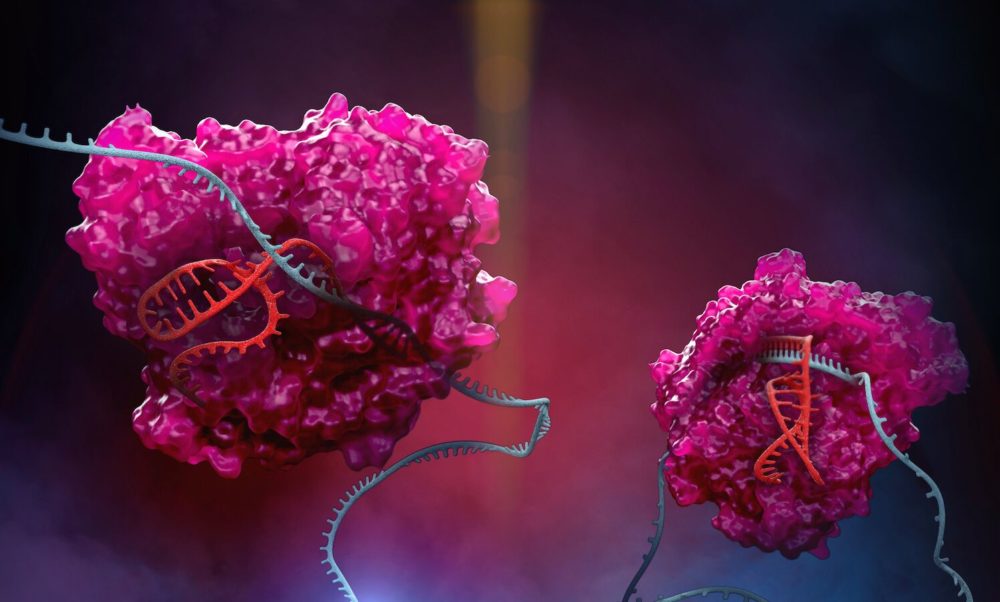Advertisement
MIT Scientists Try To Fix Alzheimer's Risk Gene By Editing RNA

MIT scientists used a novel tool to try to edit out a genetic risk for Alzheimer's disease, they report in the journal Science.
The paper describes a new method that's related to the powerful gene-editing tool CRISPR. But CRISPR gene editing makes permanent genetic changes; this new method edits RNA, DNA's chemical cousin, and can be temporary.
As a proof of principle, the researchers showed that they could alter a gene called APOE4 that raises the risk of Alzheimer's disease, effectively converting it to the benign version APOE2.
Researcher Jonathan Gootenberg from MIT's McGovern Institute cautions that the research, in cells, is in very early stages.
"It's a first step in a very large journey," he says. "We're still at the base of the mountain, you might say."
But the researchers say RNA editing seems to hold promise, particularly for possible use in brain diseases.
The experiment with the Alzheimer's-related gene "is a great example to demonstrate the power of this technology, because so many people know this gene and know its relationship to a fearful disease," says medical geneticist Dr. Robert C. Green of Brigham and Women's Hospital, who has done extensive research on people with the APOE4 gene variant.
However, he adds, he expects that gene-editing will first be used in humans on different genetic targets — "places where the change in letters actually means that you will get the disease," not genes that merely raise the risk of a disease, as APOE4 does with Alzheimer's.
The paper is fundamentally about the development of new tools for research and perhaps someday treatments, Gootenberg and fellow lead author Omar Abudayyeh say.
RNA editing alleviates some concerns about DNA editing, Abudayyeh says. For example, some worry that DNA editing could miss its targets and cause permanent harm.
RNA editing methods get around that risk, he says, because its effects are not permanent. So editing RNA could modulate someone's genetics temporarily to improve their health, Abudayyeh says: "It's almost like a small, pill-like version of gene therapy."
